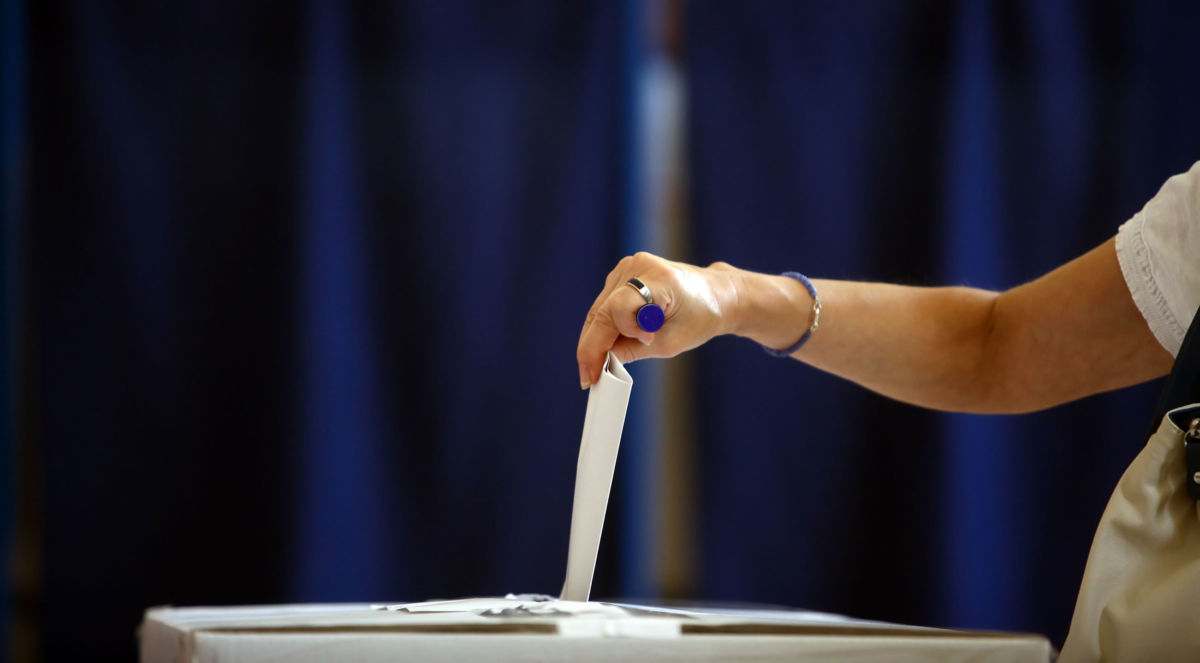Something special is happening in San Francisco’s school board race — and no, it’s not the two trans candidates on the ballot. It’s who’s allowed to cast a ballot in the first place.
San Francisco just became the largest US city to allow non-citizens to vote in local races, giving people who live, work, and raise their children in San Francisco an opportunity to weigh in on the school board without requiring citizenship.
This is a big step, and it’s a long time coming. There’s no real reason non-citizens who are also residents of the United States shouldn’t vote, contrary to all the claims from Republicans screaming about how “illegals” are using voter fraud in vast numbers to participate in elections. Spoiler: They are not.
San Francisco can only extend the franchise in specific circumstances, and voters receiving these ballots will only be able to vote on the school board — not other races, such as state assembly and Senate, as well as federal races.
Notably, less than 50 voters have signed up to participate. Because many non-citizens are also undocumented, they fear the risks of being listed on a roll that could be used to identify them. The City of San Francisco itself warns about the public nature of voting rolls and advises voters to consider this before signing up. While San Francisco is a sanctuary city, it can only offer so much protection.
Ordinances like this one don’t just include undocumented people, though. There are many people with legal residency status living in the US who aren’t citizens, and many of them also have stakes in the country they’re calling home.
For local races in particular, the people in power matter to everyone — citizen or not: Immigrants’ children are attending school, for example. Being able to participate in these races can give people deeper connections to the community and give them an active role in decision-making in the places they call home.
As someone living in a community with a large undocumented Latinx community, I can’t help but notice that many neighborhoods have almost no voters, an issue identified by researchers who explore this topic. That’s not because people in those areas aren’t registering to vote, but because they can’t – and that means they have no say in who represents them on city council, sits on the hospital board and engages in other important activities. That’s fundamentally unfair for people who are participating in and contributing to the community on a daily basis.
Cities that have explored non-citizen voting haven’t collapsed at the seams, either.
It should be noted that while there have been many restrictions on voting rights through the years, citizenship testing is actually a development of the 20th century, one fueled by anti-immigration rhetoric and hatred. Sound familiar?
Allowing non-citizens to participate in elections would enrich communities, making everyone stronger and democracy much healthier. There’s no evidence to suggest that such initiatives lead to “stacking the ballot” with non-citizen votes that radically shift the electoral makeup of a city. Promoting non-resident voting on the hyper-local level could, theoretically, lead to a push to extend the franchise to bigger races, too, but this is an important standing point for communities who too often go unheard.
Join us in defending the truth before it’s too late
The future of independent journalism is uncertain, and the consequences of losing it are too grave to ignore. We have hours left to raise the $12,0000 still needed to ensure Truthout remains safe, strong, and free. Every dollar raised goes directly toward the costs of producing news you can trust.
Please give what you can — because by supporting us with a tax-deductible donation, you’re not just preserving a source of news, you’re helping to safeguard what’s left of our democracy.
